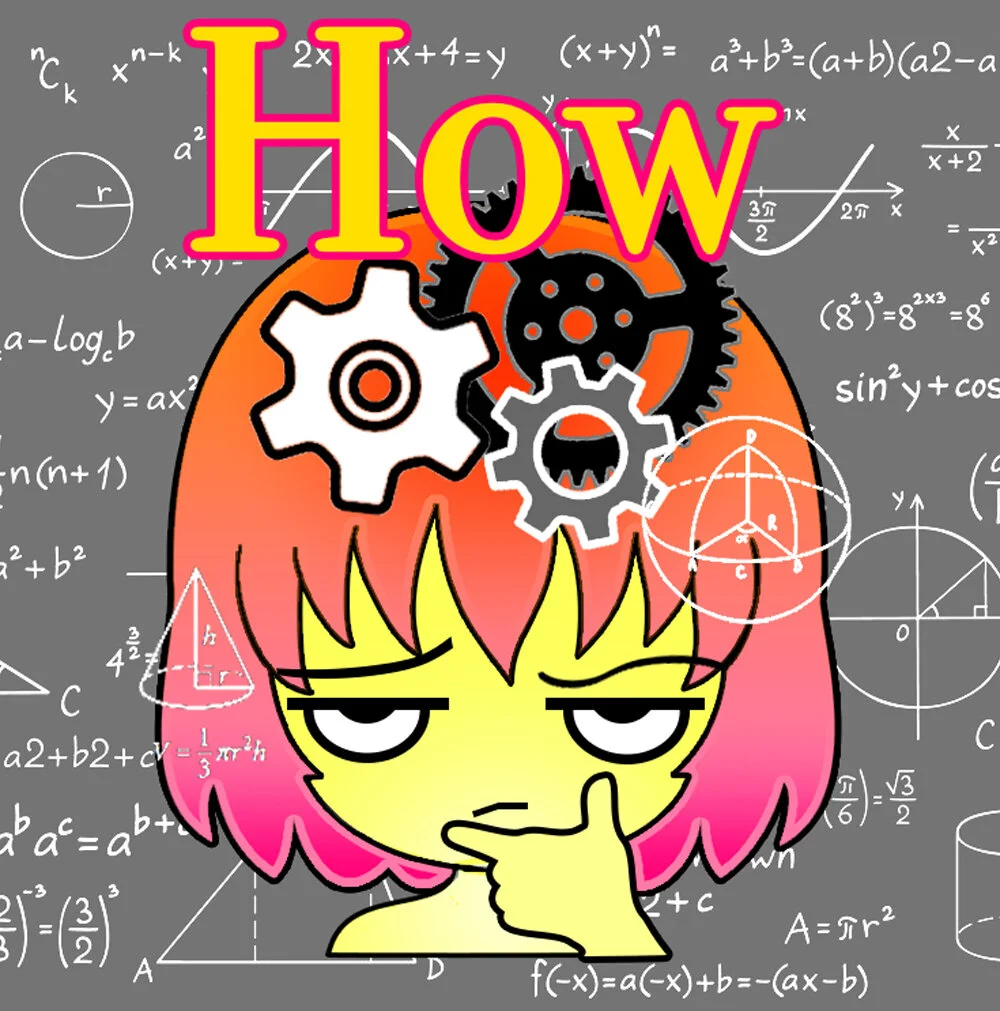Services
Life Coaching
Classic life coaching starts with the “what”. What change do you want to make? What do you want to do, not do or modify? Do you want to feel better, improve a relationship, start your own business or explore a part of your identity?
We identify a goal, identify social and material resources and obstacles, and plan for accountability, deadlines, milestones and celebrations.
The work can (but not always) be organized into developing plausibility and clarity, emotional motivations, and setting up habits, circumstances and a support system.
Special attention is given to what creates positive momentum towards the goal and what creates friction to reduce the impact of what holds us back.
In some cases there is a “why” behind a barrier to change that we are not aware of or a piece of a solution rooted in the subconscious that can’t be influenced by the conscious will.
This is why some conventional approaches produce temporary success but leave us back where we started, the reason for the challenge had not been resolved.
DDR Processing
(Discovery, Deconstruction, Reconstruction)
“Why” is it difficult to change? Why are there things that influence our thoughts, feelings and behaviors that are outside of our control? Why would there be a situation where we know the right thing to do but just can’t act on it?
Our mind protects us by suppressing the things we are unable to process. Unfortunately, the things we are not aware of still affect us.
DDR is the simple inclusion of sensory stimulation (lights, sounds and/or tapping) during what is otherwise a guided coaching session.
DISCOVERY: the process of increasing awareness or responding to the part of us that needs attention.
DECONSTRUCTION: resolving subconscious beliefs based on logical fallacies.
RECONSTRUCTION: reinforcing your healthy and functional values.
This process can be done remotely or non-verbally (if there are things you don’t want to or can’t verbalize).
Neurofeedback
“How” our brains think our thoughts matters.
We have neural pathways. These are the roads between points in the brain. There are roads that are easier or harder to take, which translates into thoughts, feelings and behaviors that are easier or harder to experience.
Luckily, we have “brain plasticity” which means we can not only learn new things and learn to think differently about old things but also change our tendency to have a certain reaction.
Neurofeedback (NFB) in non-intrusive. Small sensors read brainwave activity and use that information to alter audio and/or video signals to either reward or inhibit the selected areas of brain performance.
NFB has been used by athletes, college students, gamers, and day-traders to increase their performance. Parents have used NFB to help their children with academic performance. Therapists have used NFB to moderate the effects of a variety of disorders for their clients.
This isn’t “therapy”, it is “brain training”. Since it is an in-person service I can only offer this to local clients.


